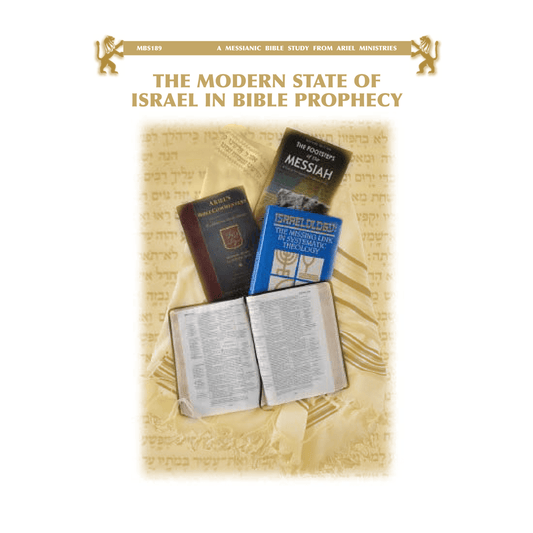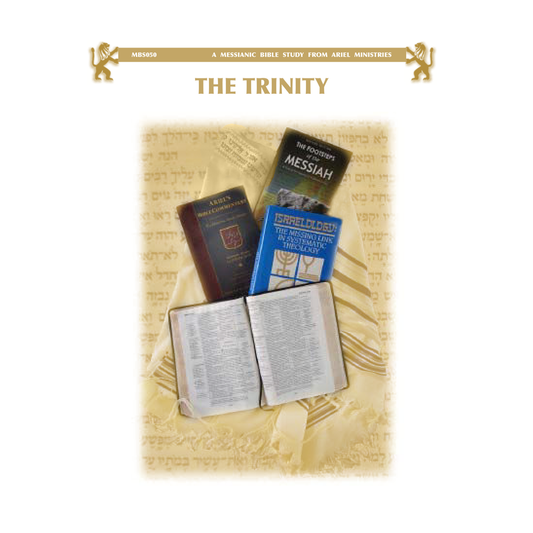Is abortion wrong according to biblical evidence?
The basic evidence is that God views the result of conception as already being a person in the womb of the mother. The unborn child is viewed as a person not upon birth or at the first breath but at the moment when the seed of the man and the egg of the woman unite.
Some examples from the Scriptures include the fact that the child in the womb of Hagar was viewed as a person who would father a great people (Genesis 16:11-12), and the same thing was true of Isaac through whom the covenant people came into being.
A key passage is Jeremiah 1:4-5. In these verses, God told the prophet that He had sanctified him when he was still in the womb of his mother. God had set Jeremiah apart to become a prophet before he was even born: “Before you came forth out of the womb, I sanctified you.” In fact, God went even further and said, “Before I formed you in the womb, I knew you.” So, in the knowledge of God, even before conception, Jeremiah was always viewed as being a person, and while he was in the womb of his mother, he was already set apart to become a prophet of God.
The fact that God sees a child in the womb as being a person is also seen in Psalm 139:15-16.
Even the prophecy of the Messiah shows that while in the womb of His mother, He was already viewed as being a person with a special calling (Isaiah 49:1, 5).
The same principle is found in the New Testament. John the Baptist began to be viewed as a person while he was still in the womb of his mother. When his mother, Elizabeth, heard the voice of Mary, he leaped in her womb, and Elizabeth took that to be prophetically significant (Luke 1:41-45). The same thing holds true for Yeshua in the womb of Mary in Luke 1:30-35.
Just as Jeremiah was sanctified to be a prophet when he was in the womb of his mother, by the same token, Paul was already sanctified to be an apostle when he was in the womb of his mother (Galatians 1:15).
There is no statement in the Mosaic Law saying that a person who was responsible for the accidental death of an unborn child must be put to death. While unborn children and women were viewed as being persons, they did not necessarily have the same rights under the Mosaic Law as men did. However, the differential treatment by the law did not show lack of personhood, only a lack of status.





